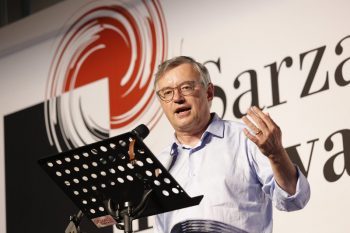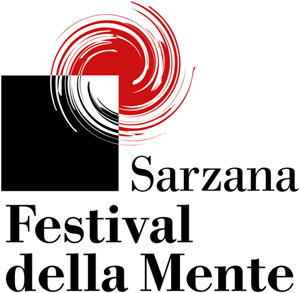2014 Programme
Event #23
Alessandro Barbero
How Do Wars Break Out? World War II
On 23 August 1939 Hitler and Stalin signed a non-aggression pact, and on 1 September Hitler invaded Poland, hoping that the democratic powers, France and Britain, would not intervene. He was mistaken: that day a war broke out that would end only six years later and would cause destruction on a scale the world had never known before. But why did the negotiations led by Stalin in view of an alliance with the democratic countries fail, convincing him to embark on that unnatural alliance with Nazi Germany? And what drove France and Britain to intervene, when the year before they had passively witnessed the invasion of Austria and Czechoslovakia by the Nazis, giving Hitler the feeling that no one would stop him this time either?
Alessandro Barbero, historian and writer, is Professor of Medieval History at the University of Eastern Piedmont and Vercelli. He contributes to the programmes “Passato e presente” and “a.C.d.C.” aired on Rai Storia. Since 2023 he has been the star of the programme “In viaggio con Barbero”, on LA7. In the same year he started for Chora Media “Chiedilo a Barbero”, a podcast in which he answers questions on history sent in by listeners. Among his publications: “Le parole del papa” (2016), “Caporetto” (2017), “Dante” (2020), 2All' arme! All'arme. I priori fanno carne” (2023), published by Laterza; “Gli occhi di Venezia” (2011) and “Le Ateniesi” (2015), published by Mondadori; “Costantino il vincitore” (Salerno, 2016); “Il divano di Istanbul” (2011), “Alabama” (2021), “Poeta al comando” (2022) and “Brick for stone” (2023), published by Sellerio.
Event #20
Paolo Cornaglia Ferraris, Marcello Massimini
The Secret of the Consciousness and its Measurement






















